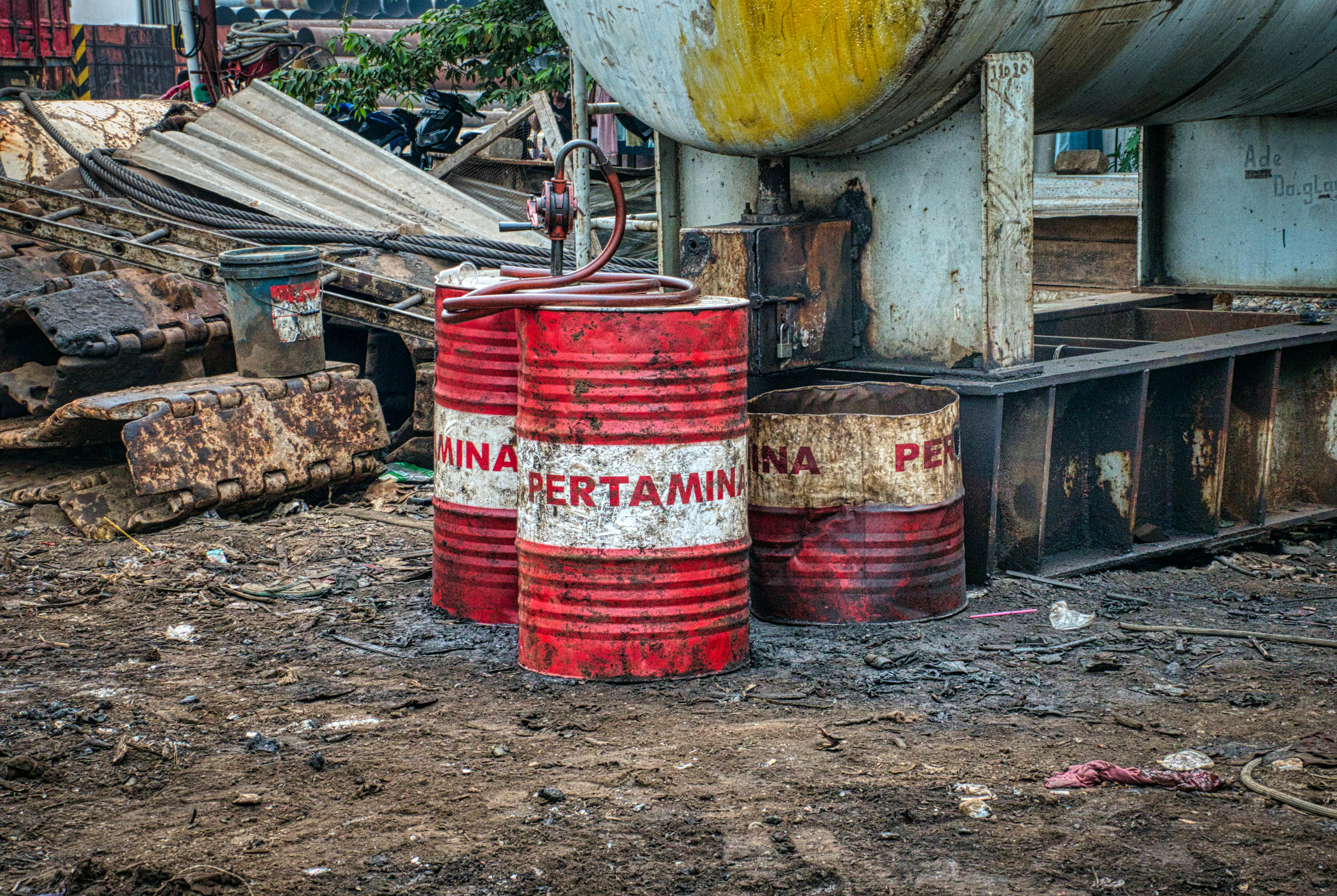 Introduction
Introduction
When businesses are dealing with chemical waste, it is important to know how to choose the best management of chemical waste. Chemical waste can have a large environmental impact, and it is essential to ensure that it is handled in a safe and secure manner. In this blog post, we will look at the different methods of chemical waste management and how to choose the best option for your business. We will also discuss the benefits of chemical waste management and the legal responsibilities that come with it.
What is Chemical Waste Management?
Chemical waste management is the process of safely and securely disposing of hazardous materials and chemicals that have been used in the production process. The goal of chemical waste management is to minimize the environmental impact that these hazardous materials have on the environment and to ensure that they are disposed of properly. This includes storing, transporting, and disposing of chemical waste in a safe and responsible manner.
What Are the Different Methods of Chemical Waste Management?
There are several different methods of chemical waste management, depending on the type and amount of waste that needs to be disposed of. For smaller amounts of hazardous material, the most common method is to simply store the waste until it can be safely disposed of. This is typically done in a special container or vessel that is designed to contain and contain hazardous materials. Larger quantities of hazardous waste may be transported to a facility where it can be safely disposed of. Other methods include incineration, landfill disposal, and recycling.
Benefits of Chemical Waste Management
There are several benefits to chemical waste management, including environmental protection, cost savings, and improved safety. By properly managing hazardous material, businesses can greatly reduce their environmental impact. This can help protect the environment as well as the health of employees and the public. Additionally, proper disposal of hazardous materials can save businesses money in the long run. By recycling or reusing hazardous materials, businesses can reduce their disposal costs. Furthermore, proper waste management can help to minimize the risk of injury or harm to employees and the public.
Legal Responsibilities
Chemical waste management is subject to several laws and regulations, both federal and state. These laws and regulations are designed to ensure that hazardous materials are handled and disposed of in a safe and responsible manner. It is important to ensure that your business is in compliance with all applicable laws and regulations when managing chemical waste.
How to Choose the Best Management of Chemical Waste
When choosing the best management of chemical waste, it is important to consider the type and amount of waste that needs to be disposed of, the legal requirements, and the benefits of chemical waste management. Businesses should always strive to minimize their environmental impact and ensure that hazardous materials are handled and disposed of in a safe and responsible manner.
Types of Chemical Waste
The type of chemical waste that needs to be managed will determine the best management option. Different types of chemical waste will require different types of management. Some common types of chemical waste include oil, paint, solvents, acids, and pesticides.
Amount of Chemical Waste
The amount of chemical waste that needs to be managed will also determine the best management option. Smaller amounts of hazardous waste can typically be stored until it can be disposed of, while larger amounts may require special disposal facilities or transportation.
Legal Requirements
It is important to ensure that your business is in compliance with all applicable laws and regulations when managing chemical waste. Different states and countries may have different laws and regulations, so it is important to make sure that you are aware of the laws and regulations in your area.
Benefits of Chemical Waste Management
Chemical waste management can have several benefits, including reducing environmental impact, cost savings, and improved safety. By properly managing hazardous materials, businesses can reduce their environmental impact and save money in the long run. Additionally, proper waste management can help to minimize the risk of injury or harm to employees and the public.
Conclusion
When businesses are dealing with chemical waste, it is important to know how to choose the best management of chemical waste. Chemical waste can have a large environmental impact, and it is essential to ensure that it is handled in a safe and secure manner. In this blog post, we have looked at the different methods of chemical waste management and how to choose the best option for your business. We have also discussed the benefits of chemical waste management and the legal responsibilities that come with it. By following the tips outlined in this blog post, businesses can ensure that their chemical waste is managed in a safe and responsible manner.
